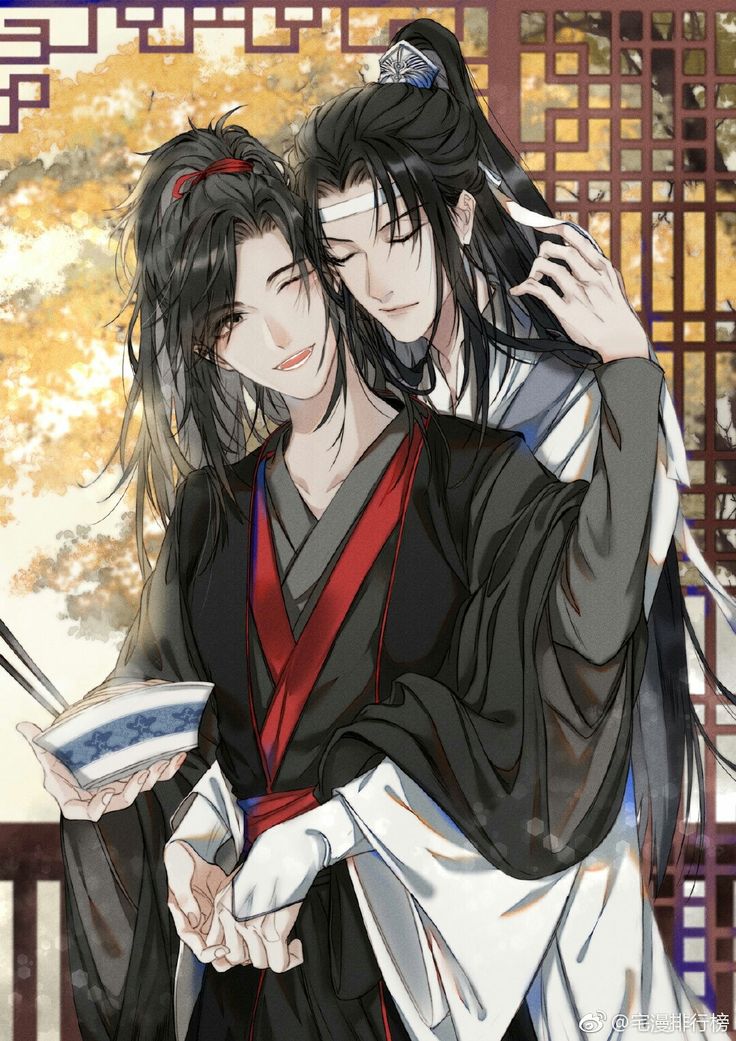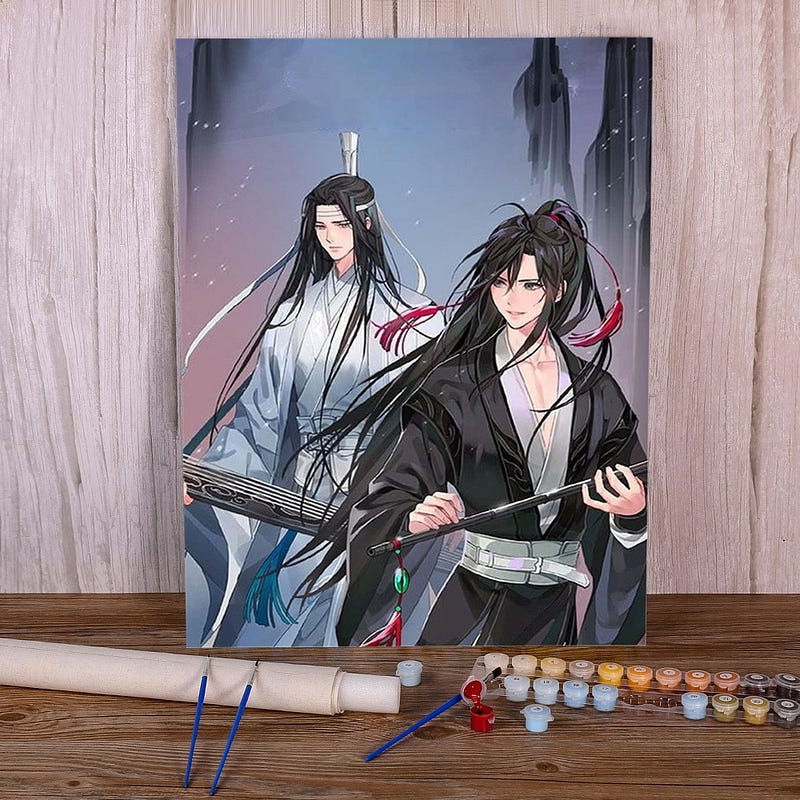Introduction: In the vast landscape of anime and manga, there exists a genre that often elicits curiosity, fascination, and sometimes controversy – Hentai. Often misunderstood and misrepresented, hentai serves as a significant aspect of Japanese pop culture, offering a diverse array of explicit content that pushes the boundaries of conventional storytelling and artistic expression. In this article, we delve into the world of hentai, exploring its origins, evolution, cultural significance, and impact. Read more lebosse turf.
Origins and Definition: The term “hentai” originates from the Japanese language, where it translates to “perverted” or “abnormal.” In the context of anime and manga, hentai refers to a genre characterized by explicit sexual content, ranging from mild nudity to graphic depictions of sexual acts. Unlike mainstream anime and manga, which cater to a broad audience, hentai targets a niche market of adult consumers seeking erotic stimulation through animated or illustrated media.
Evolution and Diversity: Hentai has evolved significantly since its inception, with roots tracing back to the early 20th century when erotic artwork and literature circulated in underground circles. Over time, advancements in technology and changes in societal attitudes towards sexuality facilitated the proliferation of hentai across various mediums, including print publications, video games, and online platforms.
One notable aspect of hentai is its remarkable diversity, encompassing a wide spectrum of themes, genres, and art styles. From romantic encounters and comedic situations to fantastical scenarios and taboo subjects, hentai explores virtually every facet of human sexuality. Moreover, artists and creators continually push boundaries, experimenting with unconventional narratives and visual aesthetics to cater to diverse tastes and preferences within the hentai community.
Cultural Significance: While hentai often faces criticism for its explicit content, it holds significant cultural relevance within the realm of Japanese pop culture. Contrary to popular misconceptions, hentai is not solely synonymous with pornography but serves as a platform for exploring complex themes, emotions, and fantasies that may be taboo or restricted in mainstream media. Additionally, hentai provides an outlet for artistic expression, allowing creators to challenge societal norms and provoke thought through provocative imagery and storytelling.
Furthermore, hentai reflects broader cultural attitudes towards sexuality in Japan, where a paradoxical relationship exists between the prevalence of sexual imagery in media and the conservative attitudes regarding public displays of affection and discussion of sexual topics. As such, hentai occupies a unique space where individuals can explore their sexual fantasies and desires in a safe and private manner, free from the constraints of societal norms and expectations.
Impact and Controversies: Despite its niche appeal, hentai has garnered attention and controversy both domestically and internationally. Critics often condemn hentai for its explicit content, citing concerns about its potential influence on impressionable audiences, particularly minors. Additionally, debates surrounding the depiction of controversial themes such as underage characters, non-consensual scenarios, and extreme fetishes continue to spark discussions about censorship, artistic freedom, and ethical considerations within the hentai community.
However, proponents argue that hentai, like any other form of media, should be viewed within the context of personal responsibility and freedom of expression. They contend that individuals have the autonomy to consume or avoid content based on their own moral compass and that censorship or stigmatization of hentai undermines artistic freedom and diversity in media.
Moreover, some scholars and sociologists have explored the psychological, cultural, and societal implications of hentai, examining its role in shaping attitudes towards sex, relationships, and identity. Research suggests that while exposure to sexually explicit material may influence attitudes and behaviors, individual differences, such as personality traits and cultural background, play a significant role in how individuals interpret and respond to hentai.
Conclusion: In conclusion, hentai remains a complex and multifaceted genre within the realm of anime and manga, offering a diverse range of content that challenges societal norms, explores human sexuality, and stimulates artistic expression. While subject to criticism and controversy, hentai holds cultural significance as a reflection of societal attitudes towards sexuality and as a platform for creative exploration and self-expression. As with any form of media, understanding and contextualizing hentai within its cultural, historical, and artistic framework is essential for fostering meaningful discussions and promoting tolerance, diversity, and freedom of expression in the ever-evolving landscape of popular culture. See more tmohentai.co.



